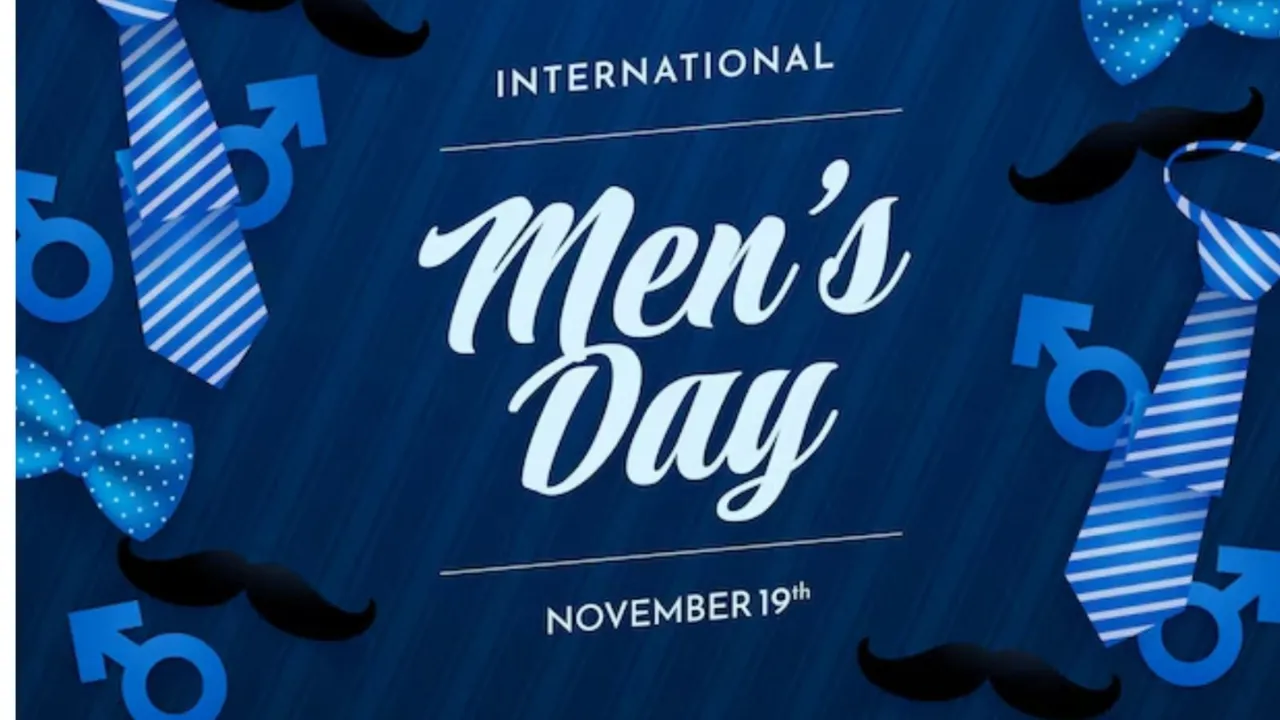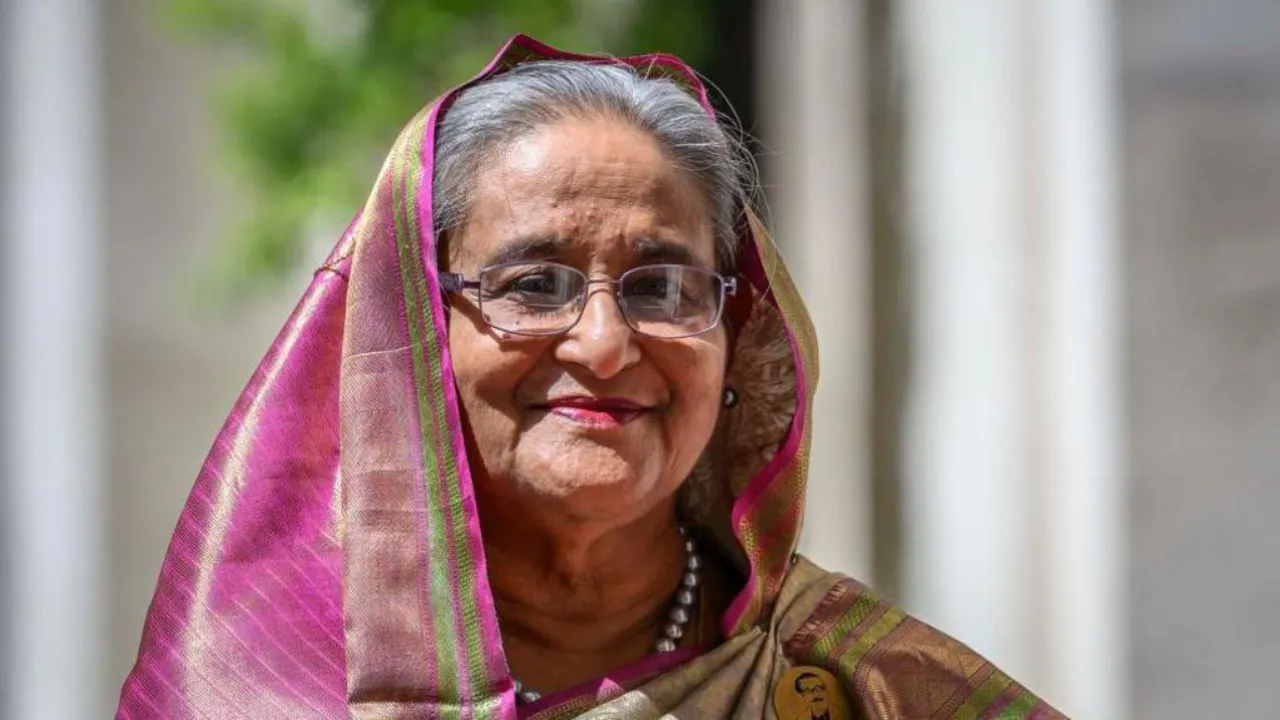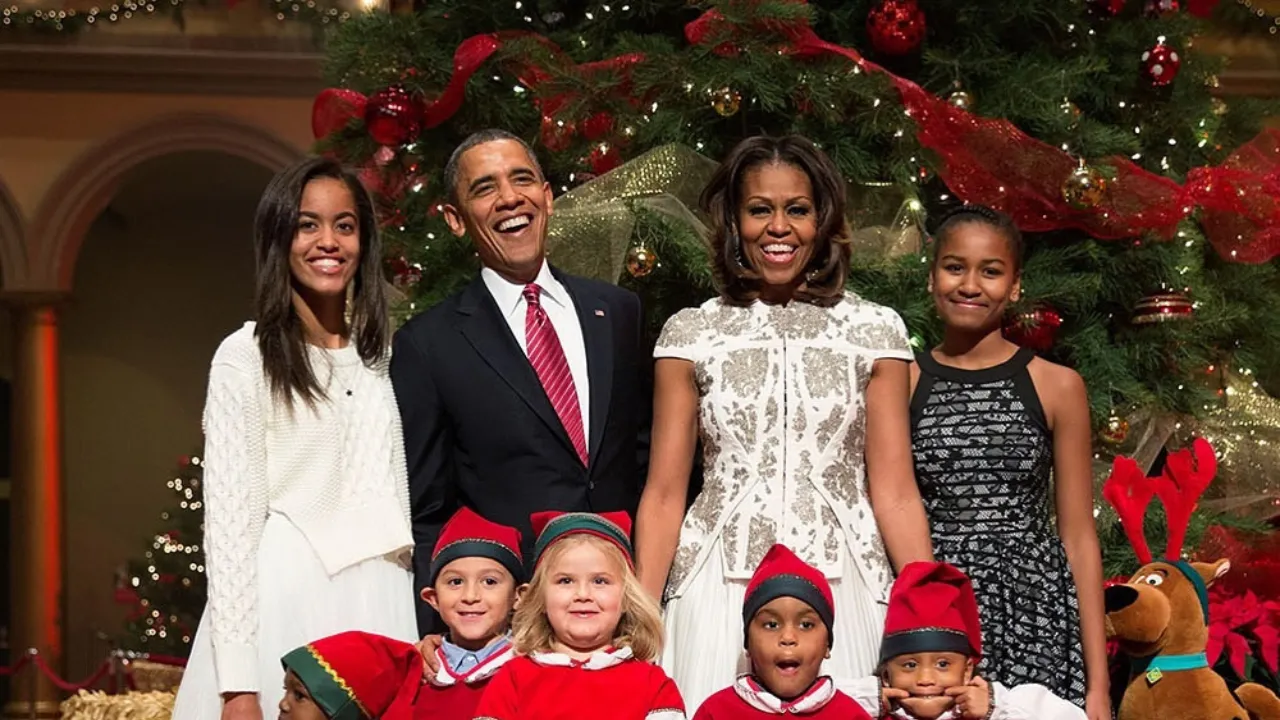Nepal Bans Social Media: Instagram, YouTube & X Blocked in the Country
The Government of Nepal has taken a bold and controversial step—Nepal bans social media platforms like Instagram, YouTube, X (formerly Twitter), Facebook, and many more. The ban has sent shockwaves through users, businesses, and rights groups, raising questions about digital freedom and state control.
In this article, we break down why the ban happened, which platforms are affected, how citizens are reacting, and what the future may look like for Nepal’s digital landscape.
Overview of Nepal’s Social Media Ban
On September 4, 2025, Nepal officially blocked 26 major social media platforms. These include Instagram, YouTube, X, Facebook, WhatsApp, LinkedIn, Reddit, Snapchat, and Discord.
The ban followed a government directive requiring platforms to register locally with the Ministry of Communication and Information Technology. Those that failed to comply within seven days were blocked from operating in the country.
Interestingly, some apps like TikTok, Viber, WeTalk, Nimbuzz, and Poppo Live remain accessible because they completed the registration process.
Why Did Nepal Ban Social Media?
Registration and Accountability Rules
The move comes after a Supreme Court directive asking the government to regulate digital platforms more strictly. The order required companies to set up liaison offices in Nepal, create grievance redress systems, and follow self-regulation guidelines.
Tackling Misinformation and Cybercrime
Officials, including Communication Minister Prithvi Subba Gurung, said the ban was aimed at reducing cybercrime, curbing misinformation, and protecting citizens from fake accounts and harmful online content.
Pending Social Media Law
Nepal’s Parliament is also working on a Social Media Bill to formalize these regulations. However, critics fear that without clear safeguards, the law could pave the way for censorship and abuse of power.
Which Platforms Are Blocked—and Which Are Still Available?
- Banned: Instagram, YouTube, X, Facebook, WhatsApp, LinkedIn, Reddit, Snapchat, Messenger, WeChat, Discord, and more.
- Allowed: TikTok, Viber, WeTalk, Nimbuzz, and Poppo Live.
The difference lies in compliance. Those who followed the government’s registration guidelines continue to operate normally.
Public Reaction to the Ban
Concerns Over Freedom of Speech
The decision has drawn criticism from rights groups and ordinary citizens alike. Many argue that the move threatens freedom of expression, limits access to information, and undermines democratic values.
Organizations such as the Committee to Protect Journalists (CPJ) have warned that blocking major platforms will hurt journalists’ ability to work and restrict citizens’ right to free speech.
Impact on Students and Job Seekers
Platforms like YouTube and LinkedIn are crucial for students, professionals, and job seekers. Losing access to them could disrupt online learning, career opportunities, and international communication for Nepal’s youth.
Fear of Digital Authoritarianism
Critics have also compared the move to internet controls seen in other authoritarian states. They warn that excessive state power over online spaces could damage Nepal’s reputation as a democratic society.
What Happens Next?
Users Face Daily Challenges
For ordinary users, this ban has created a communication gap. From small businesses relying on Instagram to students depending on YouTube, the effects are being felt across society.
Restoration Possible with Compliance
The Ministry has stated that once a banned platform registers locally and meets requirements, it will be restored the same day. This means companies like Meta and Google still have a chance to re-enter the Nepali market if they comply.
A Shift in Digital Regulation
The incident shows a clear shift in how Nepal is approaching internet governance. The government is determined to regulate global platforms and push them to respect local laws, even if it comes at the cost of temporary restrictions.
Nepal Bans Social Media: The Bigger Picture
The decision highlights a global trend where countries are asserting greater control over big tech companies. While governments cite security, accountability, and transparency, the public worries about censorship and the loss of online freedom.
For Nepal, the coming months will be critical. If platforms register and regain access, the ban may be seen as a push for compliance. But if the restrictions remain for long, it could hurt education, businesses, and press freedom in the country.
Conclusion
The story of how Nepal bans social media platforms like Instagram, YouTube, and X is about more than just apps—it’s about the future of digital freedom, accountability, and governance in the country.
As the situation evolves, all eyes are on whether global platforms will comply with Nepal’s new rules or challenge them. For now, users in Nepal must navigate a digital landscape with fewer choices, raising important debates about rights, responsibilities, and regulation in the online world.
Also Read: 2025’s Top 10 Engineering Colleges—IIT Madras Still King!





































